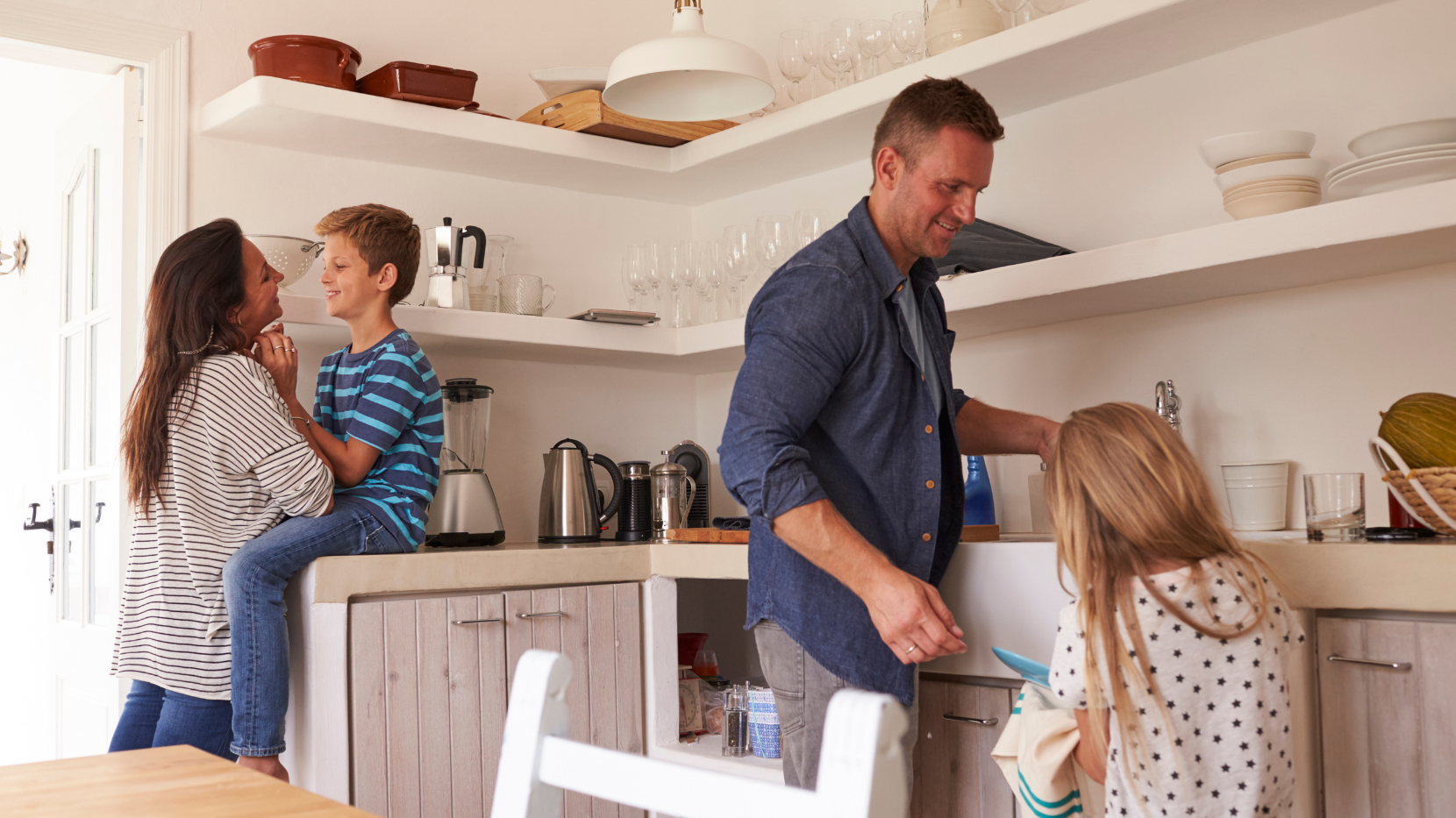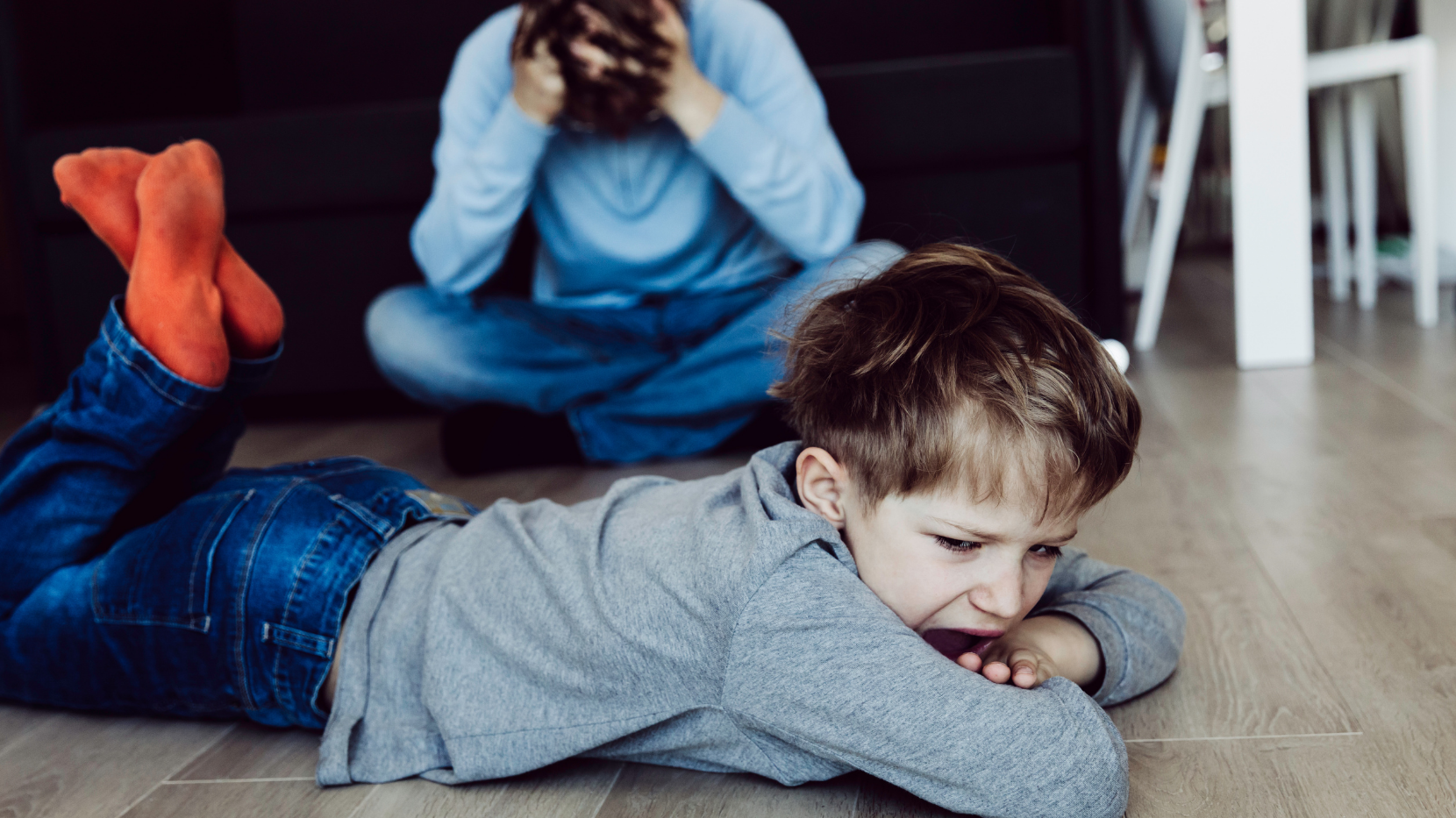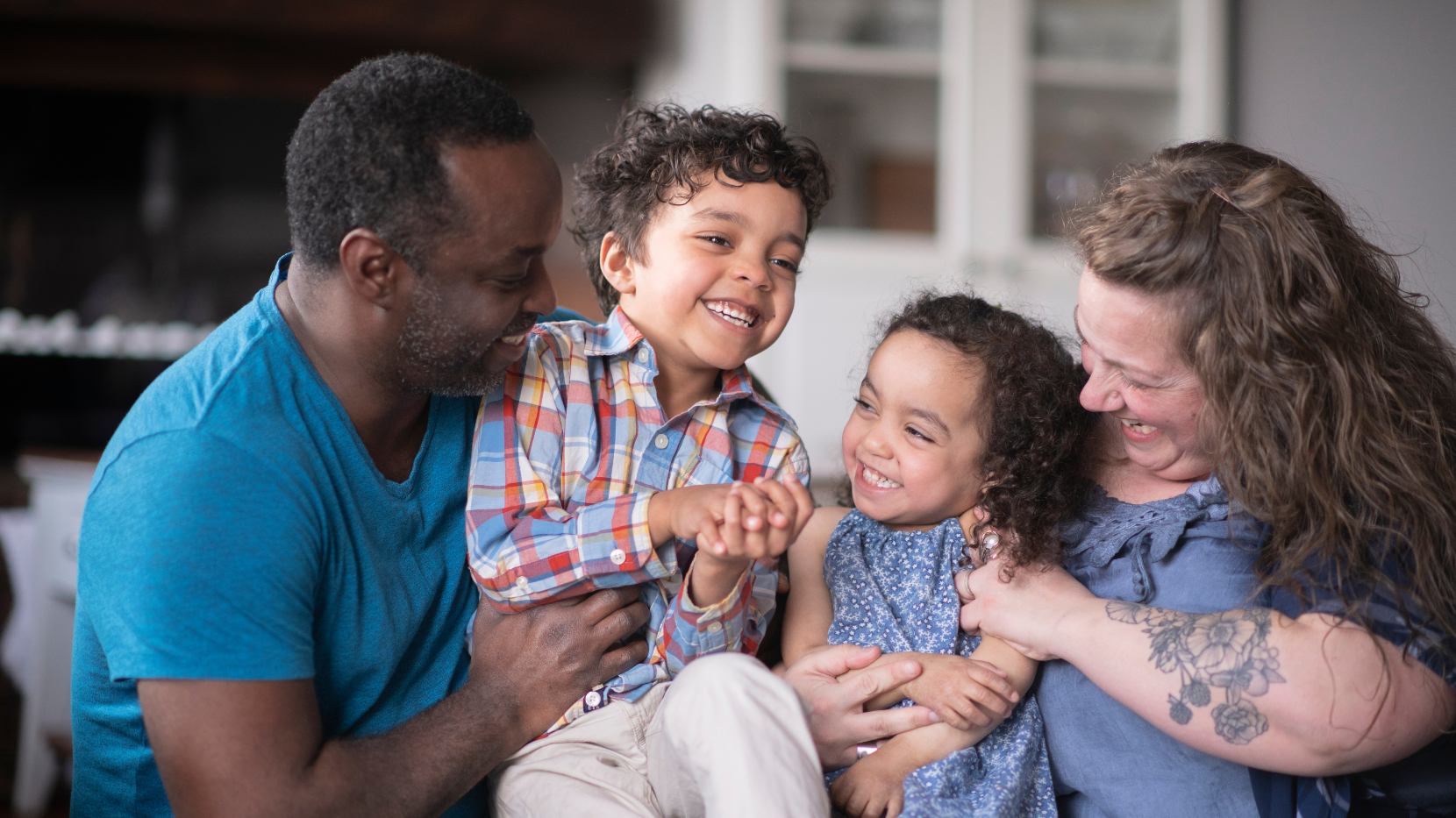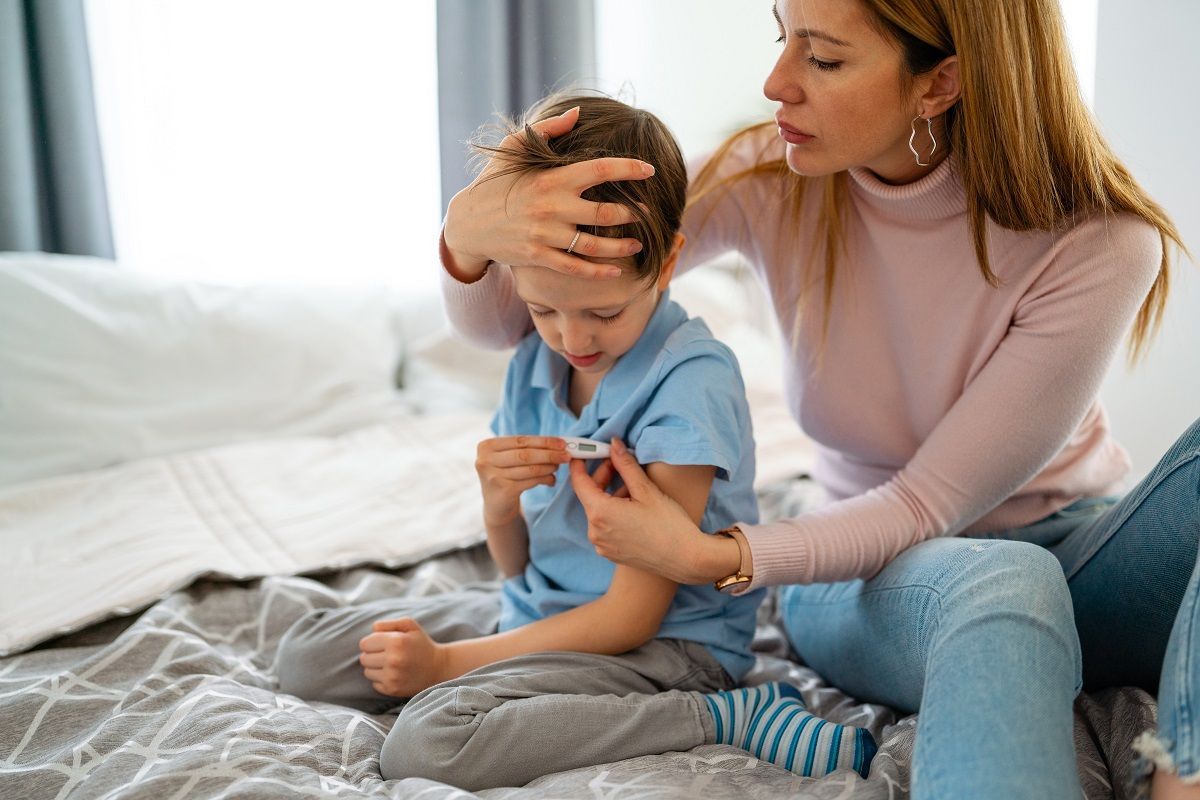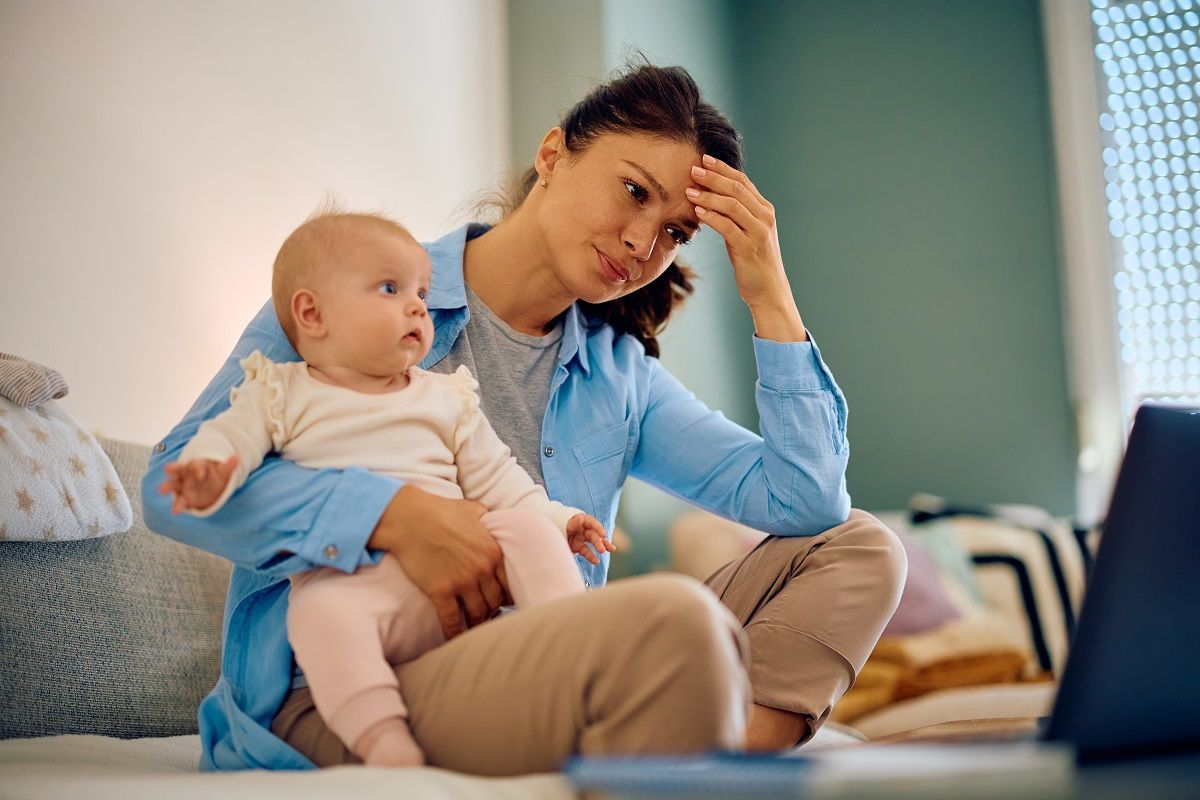
We Proudly Accept Medi-Cal and Medicare
Write your caption hereButton
Now Accepting Walk-ins!
Write your caption here

We Proudly Accept Medi-Cal and Medicare
Write your caption hereButton
Now Accepting Walk-ins!
Write your caption here
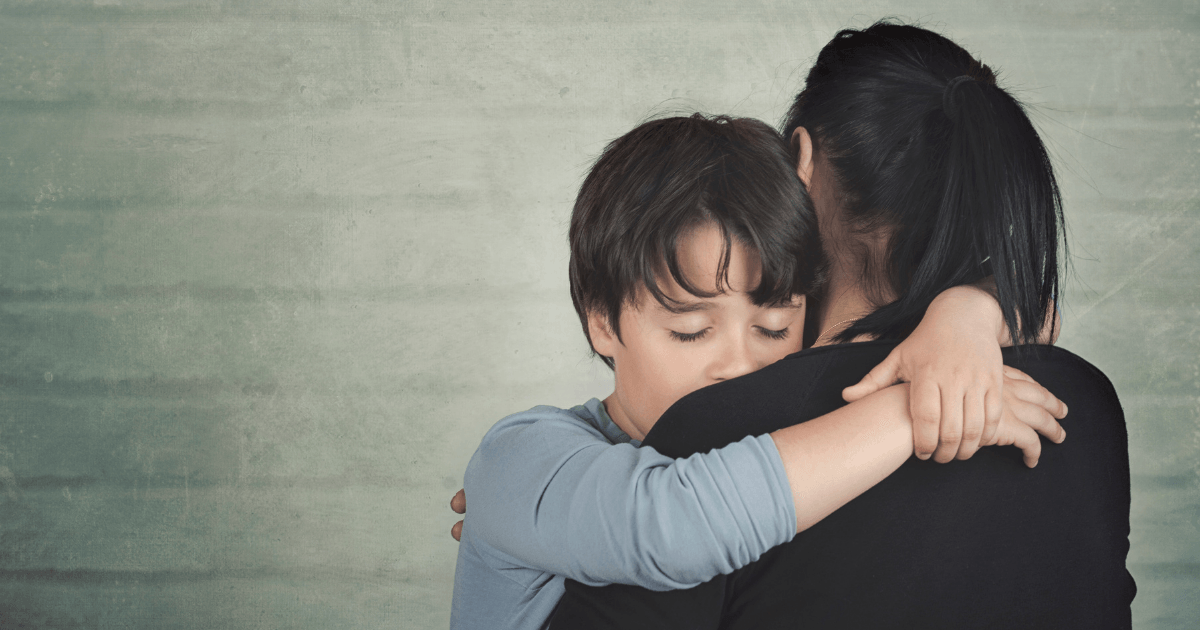
It comes as no surprise that beyond the immediate health risks, the COVID-19 pandemic is also posing a threat to your children’s mental well-being. The lack of socializing and sudden shifts in their routines over the past year have been a challenge for children across the country. While keeping them safe from the coronavirus takes the highest priority, ensuring that they’re mentally healthy is equally important.
After almost a year of being holed up at home, it’s inevitable for your kids to feel stressed and anxious.
Children and adolescents are more vulnerable to depression from social isolation and loneliness. While you may have already taken steps to preserve a sense of normalcy at home, you still have to be careful that what you’re doing isn’t reinforcing their anxieties further. That’s why we want to offer some additional strategies for keeping your young ones happy and healthy.
Be Your Child’s Role Model and Support
Children and teens tend to mimic what they see from their parents and other adults around them. The way you react and adapt to stress directly impacts your children’s behavior when faced with similar situations. That’s why if you want to help your child cope with stress better, modeling positive behaviors can go a long way.
Showing panic and fear will only cause more stress and anxiety in your kids. Instead, show them that you can deal with things calmly and confidently while still being cautious. As their primary role model, your composed and poised demeanor is a great way of giving them much-needed reassurance.
Pay Closer Attention to Behavioral Changes
Stress and anxiety manifest in different ways for children and teenagers. However, there are still some common signs and symptoms you can look out for. Here are some of them:
For infants to school-aged children (6-13 years old):
- Fussiness and irritability
- Intermittent sleep at night
- Feeding, bowel, and stomach problems
- Becoming more clingy
- Excessive and more intense tantrums
- Hints of aggression like hitting and biting
- Return of outgrown behaviors like bedwetting
- Seemingly becoming harder to satisfy
- Portraying dark and inappropriate themes during play
For adolescents and teens:
- More constant mood swings
- Change in personality (for example, from being outgoing to withdrawn and aloof)
- Poor school performance
- Avoiding activities they used to enjoy doing
- Unhealthy sleeping and eating habits
- Loss of concentration, focus, and memory
- Becoming neglectful of grooming and personal hygiene
- Use of alcohol and drugs
- Showing hints of suicidal tendencies
You may have already observed these behaviors in your kids but didn’t know what to make of them. Knowing what patterns to look for though, it’s vital that you stay vigilant from here on out. Especially considering the current pace of
vaccination in California and around the country, it’s likely that we all still have a number of months, if not another full year, before things get back to normal.
Catching the changes in your kids’ behavioral patterns as early as possible is a crucial first step in protecting them from more severe mental health problems down the line.
Talk It Out
None of us were prepared for the degree of disruption the pandemic has had on our lives. If it’s even hard for you to wrap your head around it as an adult, imagine what it’s like for children who probably don’t understand the situation as well as you do?
Rather than letting your kids make sense of the pandemic on their own, continue to have honest, accurate conversations with them instead. You can make sure they understand
how the virus spreads and its health risks. That way it’ll be easier to justify the reason behind why they have to stay at home, wear masks, socially distance, and follow other
COVID safety protocols, even as more people are vaccinated.
Explaining the pandemic to children in a manner they can understand immensely helps minimize their anxiety and stress.
Anxiety Management Is Key
As much as you want to rid the world of stress for your kids, sometimes it just isn’t possible. You don’t want to see them suffer, but stressors like the pandemic are beyond your control. So rather than trying to eliminate your children’s anxiety triggers, a better approach would be to teach them how to properly function and behave whenever they’re anxious.
Learning how to manage their anxiety and live with it as best they can is better for their long-term mental health. It’ll train them how to be resilient, adaptable, and self-conscious even under stressful situations. While you can’t expect results overnight,
anxiety management is a tremendous mental health training for your kids during their childhood and teenage years.
Your Pediatrician Can Help
Regularly getting your kids checked by their pediatrician is more critical now than ever. Pediatricians can assess your child’s social and emotional health, and if needed, refer you to a specialist for further treatment.
While healthy parenting is an essential factor in improving your child’s mental health during the pandemic, certain symptoms need medical intervention. This is especially accurate for children facing obesity, asthma, diabetes, or other complicating factors that place them at a higher risk of illness from COVID-19.
Getting Through the Pandemic as a Family
Parenting in itself is already a tough job, but even more so during the pandemic. The lockdowns, school closures, and other COVID safety guidelines have brought on many unintended consequences, especially for children.
That’s why we want to help in any way we can. Whether it’s through our healthcare services or our awareness and information campaigns, our goal is to help Sacramento families be healthier, stronger, and more resilient.
AllMed Medical CentersServing
Greater Sacramento
Allmed Medical Center | All Rights Reserved.

